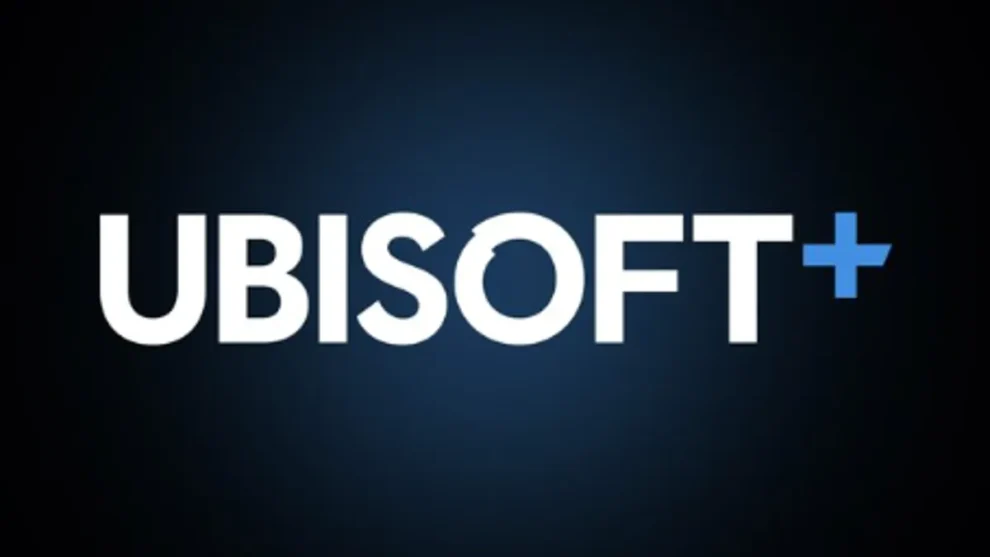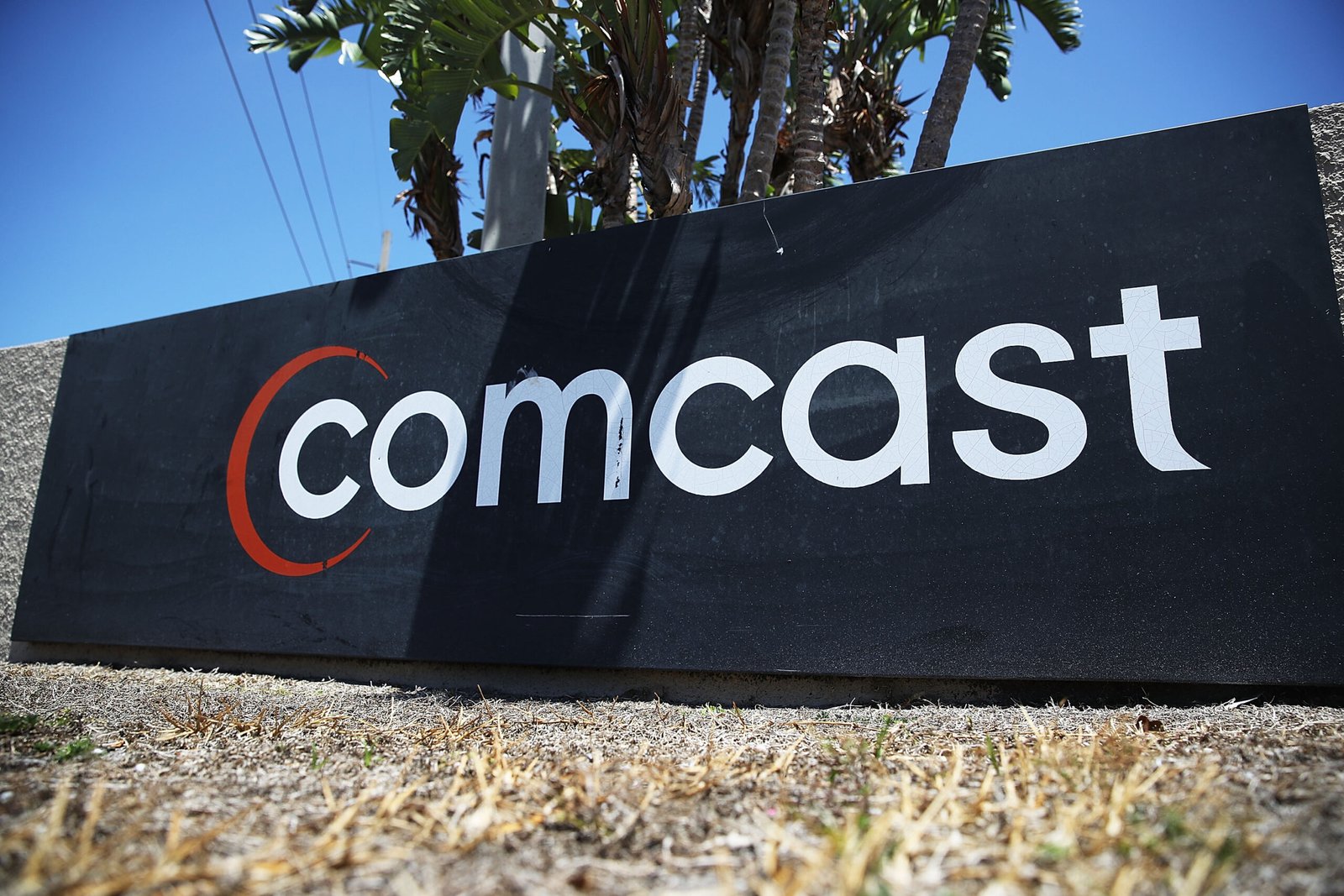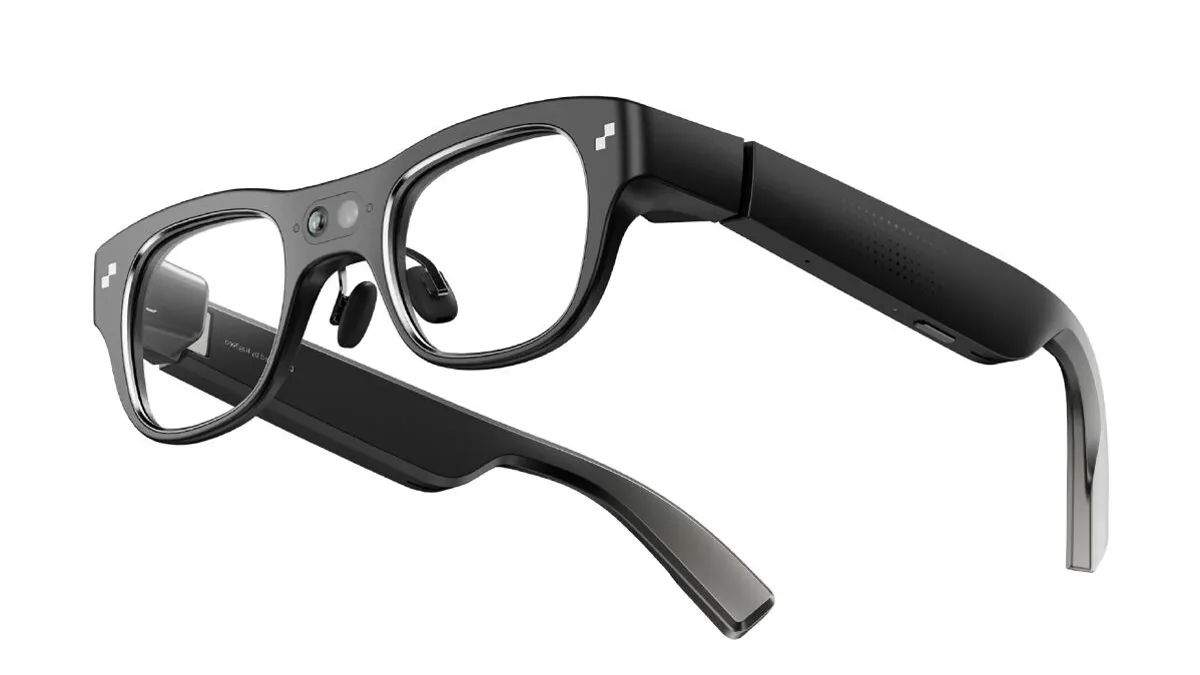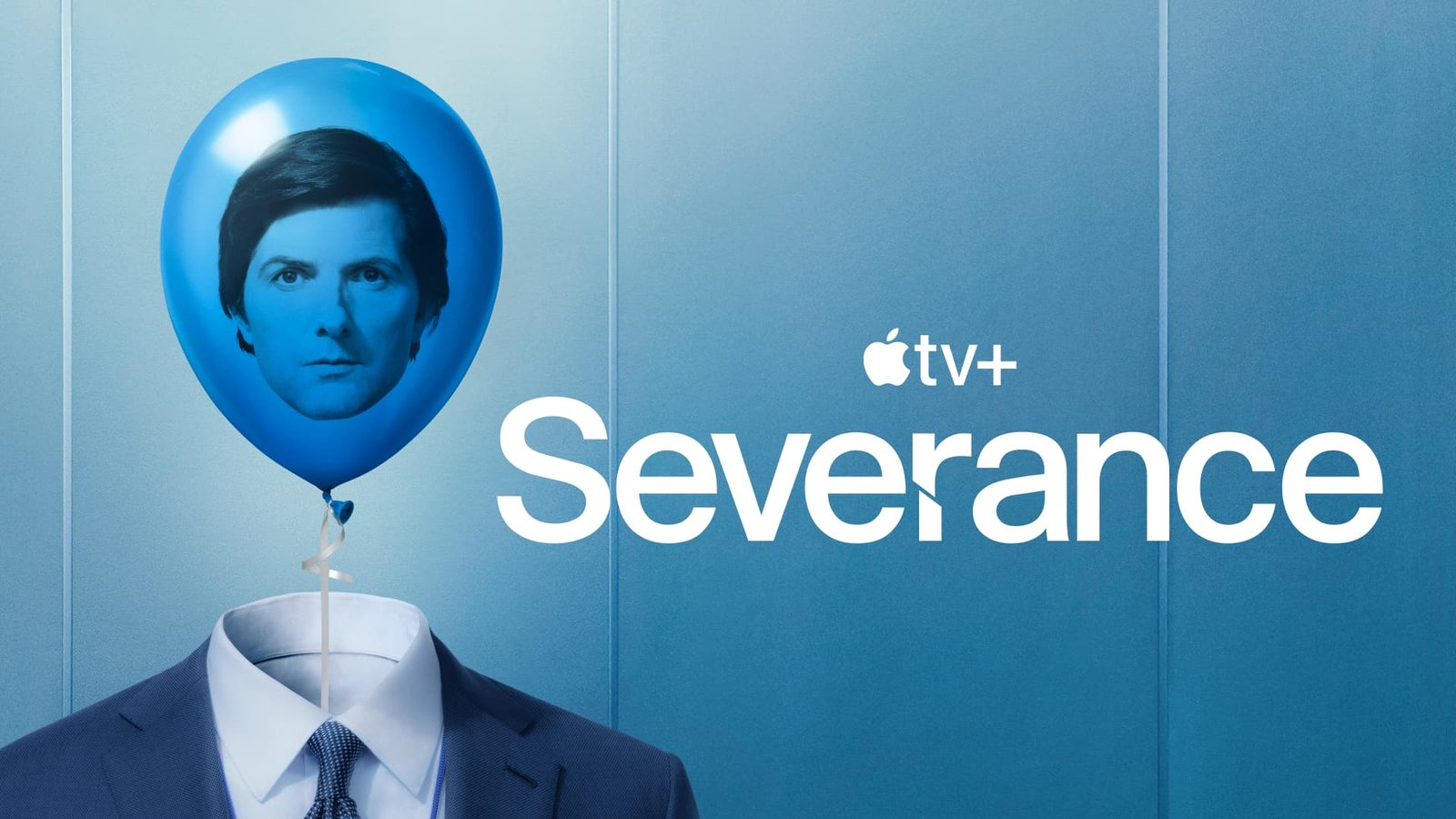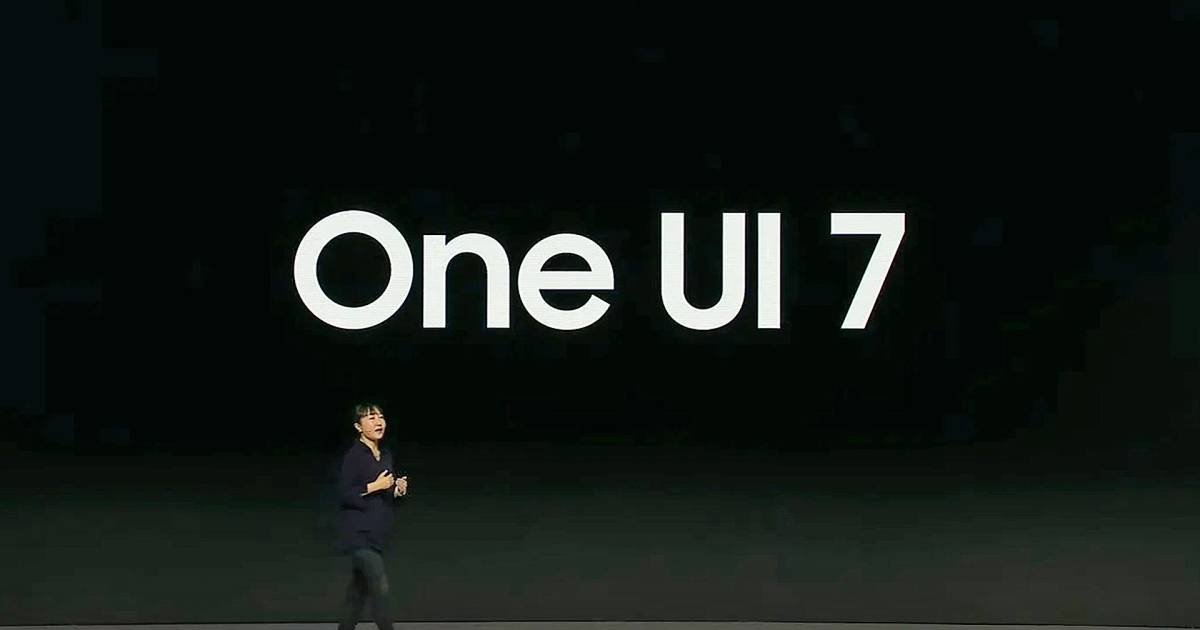Ubisoft, a major player in the gaming industry, is steering its business towards a future where owning games might become a thing of the past. This strategy aligns with the emerging trends in digital media consumption, mirroring the shifts already seen in the music and movie industries.
Key Highlights:
- Ubisoft is rebranding its subscription service, Ubisoft+, encouraging gamers to get comfortable with not owning games.
- The service includes access to a vast catalog of games, including new and classic titles, at different subscription tiers.
- Philippe Tremblay, Ubisoft’s Director of Subscriptions, highlights the consumer shift towards subscription models similar to those in other media.
- The new model promises benefits like persistent game progress and a more affordable access to a broad range of games.
- Ubisoft’s approach reflects a broader industry trend towards digital and subscription-based game consumption.

Ubisoft’s recent overhaul of its subscription service, Ubisoft+, exemplifies the company’s vision for the future of gaming – a future where physical ownership of games becomes less prevalent. With this move, Ubisoft aims to align with the digital consumption patterns prevalent in other forms of media, such as music and movies.
Ubisoft’s innovative approach with Ubisoft+ heralds a significant transformation in the gaming industry. This paradigm shift, while offering convenience and a broad array of gaming experiences, might challenge traditional perceptions of game ownership. It underscores a pivotal moment where digital access could redefine how we engage with and value our games.
The Evolution of Ubisoft+
Philippe Tremblay, Ubisoft’s Director of Subscriptions, discussed the company’s direction in an interview. Ubisoft+ now includes two tiers: Ubisoft+ Premium and Ubisoft+ Classics. The Premium tier, priced at $17.99 per month, offers over 100 games, including day-one access to new titles and early access where applicable. The Classics plan, at $7.99 per month, allows access to over 50 games, focusing on older or standard edition titles.
The Shift in Consumer Behavior
Tremblay notes that this shift is in response to changing consumer behaviors. Many subscribers sign up for a single game and then purchase it, while others stay longer for the diverse catalog. He compares the evolving mindset towards game ownership to the acceptance of not owning physical CDs or DVDs. Ubisoft’s strategy is to make this transition comfortable and seamless for gamers, ensuring they don’t lose progress or engagement with the games they enjoy.
Benefits and Challenges
One of the touted benefits of this model is the maintenance of game progress. Subscribers can resume their games at any time without losing their progress. This system also offers a cost-effective way for gamers to access a wide range of titles without the need for individual purchases. However, it also raises concerns among traditional gamers who value physical ownership and the tangibility of their game collections.
Looking Forward
As the gaming industry continues to evolve, Ubisoft’s model could become a standard, with more companies likely to adopt similar strategies. The key will be balancing consumer preferences for ownership with the convenience and affordability of subscription services.
In conclusion, Ubisoft’s push towards a subscription-based model represents a significant shift in the gaming industry, reflecting broader trends in digital media consumption. While it offers many benefits, it also challenges traditional notions of game ownership, requiring a mindset shift among consumers.

